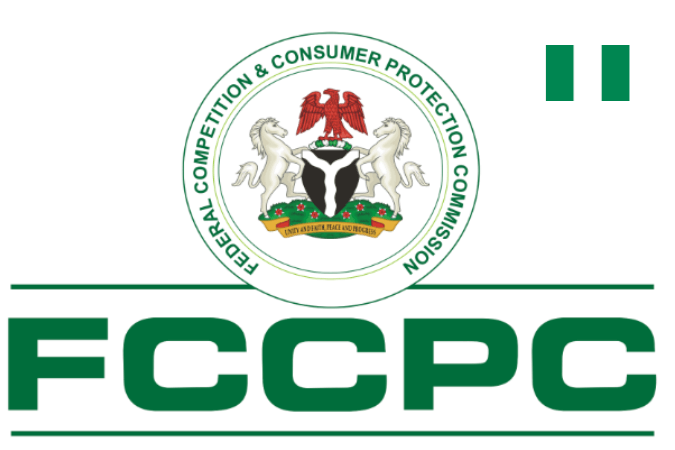By Felicia Nwosu
National Bureau of Statistics has disclosed that across all sectors of the economy, manufacturers paid the highest income taxes, where the company income tax paid rose by 29 percent amounting to N62bn in the first quarter of 2023 from N44bn in the same period last year.
According to the NBS report, manufacturers paid the highest income taxes, followed by information and communication technology and financial services.
“A 13 percent increase was also recorded in Value Added Tax, VAT, raked in from manufacturers, as VAT from the sector was up from N112bn Q2022 to N129bn within the period in review. The increase comes as taxes paid by manufacturers to the Federal Government rose by 60 per cent to N839.6 in 2022 from N524bn recorded in the prior year.
According to the data made available by the nation’s statistics body, manufacturing company income tax rose significantly in 2022 to N468.59 compared with N235bn in the previous year, while VAT collected from the sector rose to N477. 43bn from N288.4bn in 2021.
The information clearly indicates that the taxes (VAT & CIT) are exclusive of other duties and levies paid by manufacturers to designated government agencies such as the Nigeria Customs Service.
In the efforts to navigate against the economic headwinds that manufacturers contend with, Francis Meshioye, President, Manufacturers Association of Nigeria, MAN, called for the reversal of the 2023 Fiscal Policy Measures whose effect kicked off since June 1, 2023.
“The increase is coming at a time when the manufacturing sector is immersed in unprecedented crisis and an acute recession, due to extraordinary challenges, namely: sustained scarcity of naira, which has led to a crash in consumer purchases; limited access to foreign exchange, which has led industry to purchase foreign exchange from the parallel market, thereby increasing costs; record inflation, which further drive up cost of operation and prices of products and a struggling economy.”
Meshioye lamented the devastating effect of the excise increase, which he described as exponential and excessively burdensome, as the Fiscal Policy Measures (FPM) increased the excise on beer products by about 200 percent, while the tobacco industry was being taxed five times more than other industries.
He further stated that the increase was ill-timed because the manufacturing sector was in an acute recession and proceeds from sales were no longer sustaining business’ overheads and operating expenses.
“The rate of increase is exceptionally excessive and not consistent with best practice globally. For instance, the excise for beer was effectively increased by about 200 per cent, translating to a tripling of excise on the product.”







Comment
No comments found.